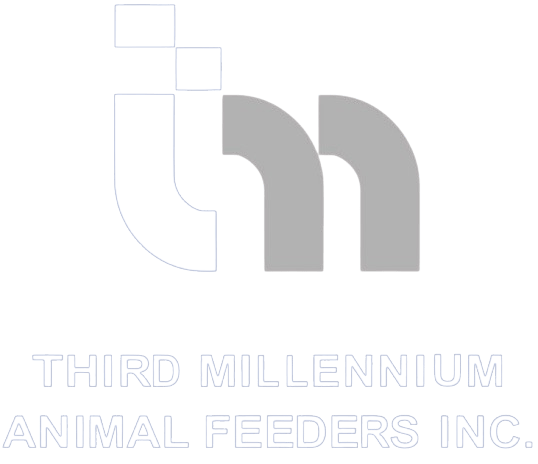


Rumen-protected methionine
Category: Ruminants
Description
Rumen-protected methionine (RPM) is a form of methionine that is designed to bypass degradation in the rumen of ruminant animals and be available for absorption and utilization in the lower digestive tract. Here are some benefits of using rumen-protected methionine in ruminant diets:
- Improved protein synthesis: Methionine is an essential amino acid often limited in ruminant diets due to its rapid degradation in the rumen. By using rumen-protected methionine, the availability of this critical amino acid can be increased in the lower digestive tract, allowing for improved protein synthesis. Methionine is necessary for the synthesis of proteins, enzymes, hormones, and other essential compounds in the animal’s body. Enhancing methionine availability through RPM can support growth, milk production, and overall animal performance.
- Enhanced milk production: Dairy cows require a high level of methionine for milk protein synthesis. By supplementing the diet with rumen-protected methionine, the supply of methionine to the mammary gland can be improved, leading to increased milk protein production. This can positively impact milk yield, composition, and quality.
- Better reproductive performance: Adequate methionine availability is crucial for optimal reproductive performance in ruminants. Rumen-protected methionine can help meet the increased demand for methionine during critical reproductive stages, such as postpartum recovery, estrus, and early pregnancy. By supporting proper follicular development, embryo quality, and hormone synthesis, RPM can contribute to improved reproductive efficiency and conception rates in dairy cows and other ruminant species.
- Enhanced immune function: Methionine is involved in the synthesis of glutathione, an essential antioxidant and detoxifying molecule. Glutathione plays a crucial role in the immune system, helping to protect cells from oxidative damage and supporting immune cell function. By providing rumen-protected methionine, the animal’s antioxidant capacity and immune response can be enhanced, leading to improved overall health and disease resistance.
- Optimized nitrogen utilization: Rumen-protected methionine can help improve nitrogen utilization in ruminants. Methionine supplementation allows for more efficient use of dietary nitrogen, reducing nitrogen losses through urine and feces. This can positively impact nitrogen efficiency, reducing the environmental impact of livestock operations and improving feed conversion efficiency.
It’s important to note that the inclusion levels of rumen-protected methionine in ruminant diets should be based on factors such as specific nutritional requirements, production goals, and the composition of the overall diet. Consultation with a ruminant nutritionist or veterinarian experienced in the specific species is recommended to determine the appropriate inclusion levels and benefits of rumen-protected methionine supplementation in ruminant diets.





